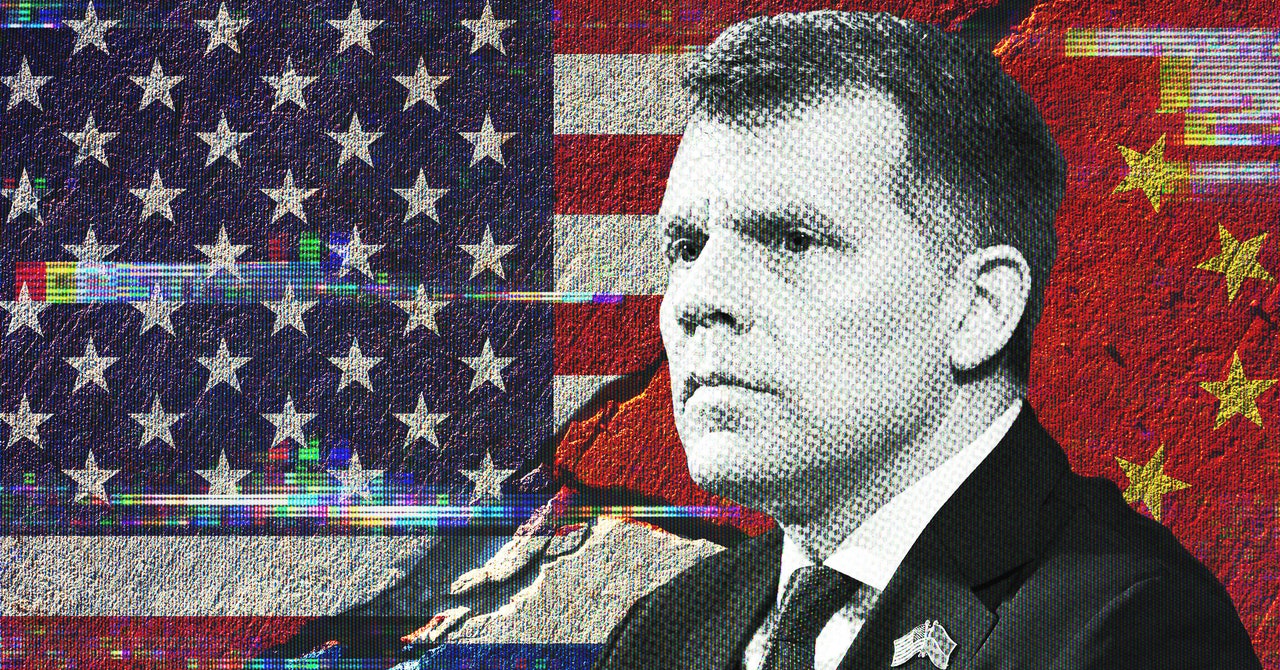European governments are wondering whether Trump will continue to support Ukraine and NATO in the conflict with Russia that has partially Played in cyberspace. Fick’s team played an important role Establish a process To rapidly provide cyber-defense support to the deadly government of Ukraine.
“I was in Ukraine before Christmas, I was in Poland, I was in Estonia, up and down the eastern flank of NATO,” he says, adding, “The deep desire for the U.S. to be engaged And one is the recognition that European partners need to do their part – which they are doing, by the way, quickly.”
More broadly, Fick called for the U.S. to continue to go toe-to-toe with China and Russia in technical and cyber discussions at international institutions such as the United Nations and the Group of 20 as “one of many allies and partners.” “Strong Will” has been heard.
“Without the United States being deeply involved, you’re going to see the Chinese more deeply involved, you’re going to see the Russians more deeply involved,” Fick says. “There is a very broad view [globally] That America needs to engage in multilateral organizations, for its own interests and for the interests of its allies and partners.
Fick sympathizes with Republicans who see these multilateral institutions as too slow and timid, but he wants Trump’s team to “recognize that the alternative is not to diminish the influence of these organizations; the alternative is simply to make them ours.” Become a playground for competitors and our rivals.
Celebrating “a sea change”.
Reflecting on his time as the US Cyber Ambassador—which saw him spend a total of more than 200 days traveling the world on nearly 80 trips to meet with key US allies and partners—Fick is proud of how his team launched a brand new bureau within the US. The State Department expanded that to about 130 employees, and delivered results that it says are transforming digital diplomacy.
The beginning of was his greatest achievement A foreign cyber aid fund that will support programs to deploy security assistance to hacked allies, subsidize new submarine cables, and train foreign diplomats on cyber issues.
The security-assistance project saw an early test in November when Costa Rica suffered another major ransomware attack. “We had people on the plane the next morning, Thanksgiving morning, with hands on keyboards with Costa Rican partners,” Fick says. “It’s amazing. It’s a sea change in the way we do this, and it’s going to strengthen our hand in providing aid to the Middle-earth states. “
Fick has also focused on preparing the Foreign Service for the modern world, fulfilling its mission Train at least one tech-savvy diplomat Successfully lobbied to add digital fluency to State Department criteria for every foreign embassy (about 237 total) and career ambassador positions. He has also helped balance the Pentagon in White House discussions about foreign technology issues – “putting American diplomacy really back on the table in the status room on technology issues”.
And then there’s his team’s support for U.S. cyber assistance to Ukraine, from security software to satellite communications to cloud migration for critical government data — work he says offers a model for future public-private foreign aid partnerships. is
A final warning
Fick has shared his thoughts on China, 5G, AI, deterrence, and other cyber issues with Trump’s transition team, and he says there’s still much to do to keep cyber diplomacy “front and center” in the state. is But as he prepares to leave government, he has one key piece of advice for the incoming administration.
“A bias is essential to action,” he says. “We appreciate taking a decisive step to solve a problem for too long… That decisive step may be incomplete, but insensitivity is a decision, and the world goes on without you.”
Put another way: In an era of rapidly evolving technologies and intensifying geopolitical competition, large bureaucracies like the State Department sometimes have to jolt into action.
“The job of leaders in these large organizations,” Fick says, “is to change the org a little bit faster than itself.”










